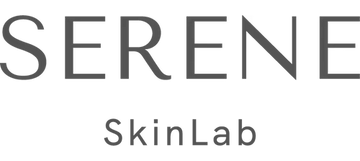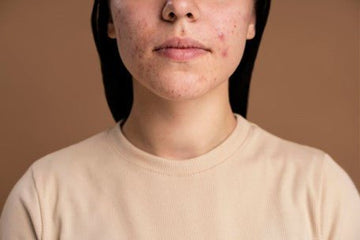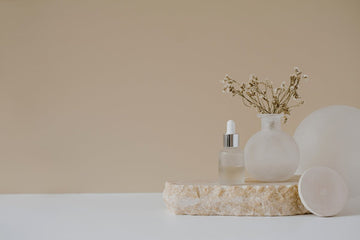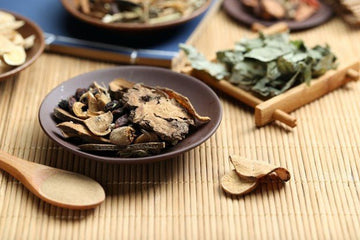The Haze hits us again in Singapore and Malaysia. During this period, some people may experience increased sensitivity such as skin itch, increased dryness, rashes, runny nose and itchy, teary eyes. These are signs and symptoms that our body is telling us that the environment plays a major role in our day to day health.
Traditional Chinese medicine sees the body as an organic entity and we are also part of the environment (an even bigger organic entity) around us. Our body constantly interacts with the environment. Hence any changes in the natural environment may directly or indirectly affect the body. That’s why we have be able to adapt and change according to the changes in the environment.
This is a good time to take more Lung-nourishing foods and also take some herbs to support our lungs and strengthen our immune system. Generally, foods that are pungent & warming, white and light-coloured are considered to be nourishing to the Lungs such as horseradish, onions, garlic, radish, almonds, ginger, pepper. White meat and low-fat protein such as tofu and beans are also beneficial. Take lots of green leafy vegetables.
Do avoid:
-
Cold, raw or processed foods
-
Phlegm-forming food such as dairy, oily and fatty food
-
Sugar-laden foods.
These foods or herbs are especially beneficial to the lungs and also for nourishing the skin:
-
White Fungus/ Snow Fungus
-
Mushrooms
-
White radish
-
Lotus seeds
-
Almonds
-
Astralagus* (黄芪)
-
Ginseng*(人参)
-
Apricot seeds (南北杏)
-
Fritillaria (川贝母)
-
Wild Yam (山药)
-
Peony Root (白芍)
-
Cordyceps* (冬虫夏草)
*These herbs also support our immune system by strengthening the body’s ability to fight infections and preventing oxidative stress. They are powerful antioxidants and adaptogens. Cordyceps have been proven to improve the amount of oxygen the lungs take in and hence it’s commonly used in athletes and in people suffering from chronic bronchitis or asthma.
Exercise is a good way to regulate the Lung Qi. Deep breathing exercises, meditation as well as practising Qigong helps to calm the mind, slows down heart rate and regulate our breathing. Deep breathing also calms the heart and expels the stagnant air and allows Qi to flow freely. Swimming, walking and stretching also helps expand the lung capacity and energy. However during the haze, do avoid going outdoors when the haze is bad or do put on a face mask. Exercising indoors with the air purifier on will have to do for now.
The Lungs directly affect our skin and hair. The skin and body hair attain their nourishment through the lungs’ disseminating actions, in order to maintain their lustre. The lungs’ health can be reflected in the appearance of the skin. For example, dry skin may imply that lungs ‘Qi’ and yin are inadequate to nourish the skin surface; The appearance of acne may be attributed to heatiness in the lungs. You may also have noticed that people with weak lung functions or nose allergies or asthma also tend to have dry, itchy skin or have sensitive and eczema-prone skin. When Lung Qi is deficient, our hair does not get enough nourishment and becomes dry and brittle. So once our Lungs are healthy and nourished, you will see an improvement in our skin and hair as well.
For those with very dry and sensitive skin, do remember to moisturise your skin right after a shower as that’s the most effective way to retain the skin’s moisture. Re-applying moisturiser throughout the day will keep the skin supple and moist and less itchy while strengthening the skin barrier against external irritants. It is preferable to use a natural moisturiser without preservatives, fragrances or additives since we will be using it so often. A good choice of moisturiser should not only hydrate but also rebuild the skin barrier to achieve normal healthy skin.
Check out our new to be launched Calming Repair Cream: It’s hydrating, nourishing yet non-greasy. It helps to removes excess heat, dampness and wind that causes itch and restores the skin's Yin Yang balance, strengthen Qi, nourish blood and strengthens the immune system. The Calming Repair Cream hydrates and repairs skin barrier, restoring strong healthy skin over the long term making it less sensitive to external irritants over time.




